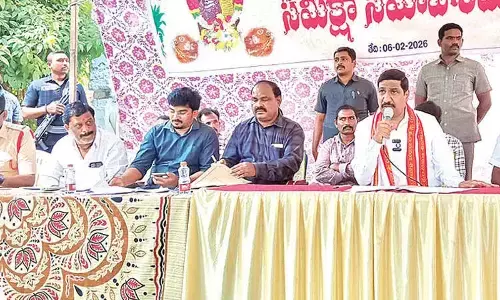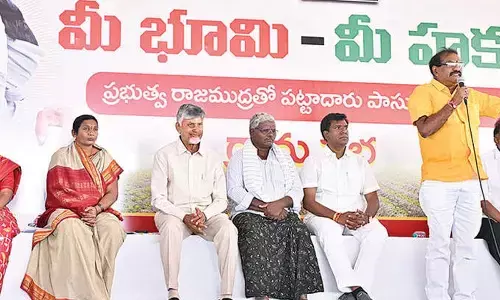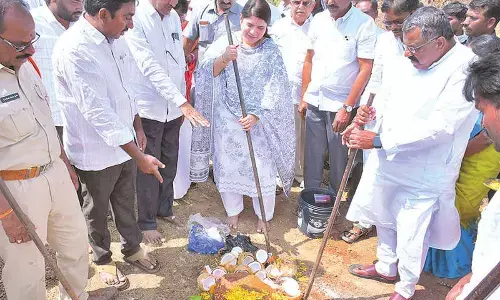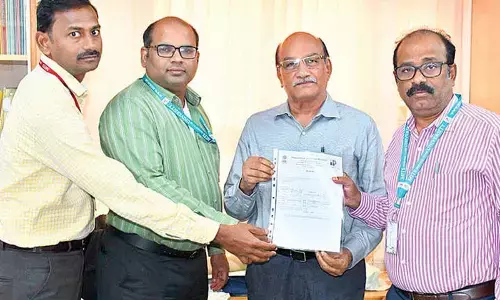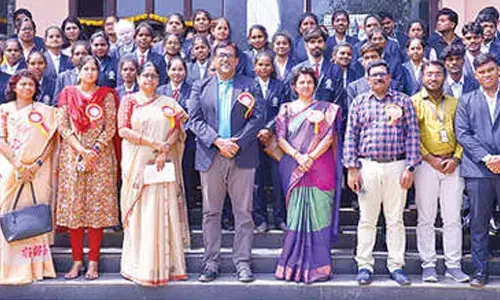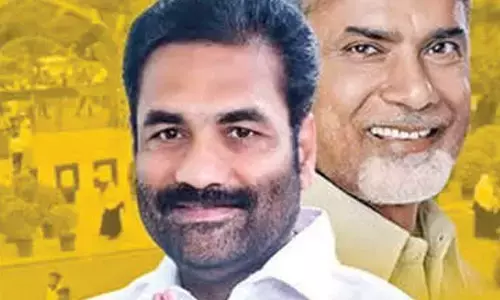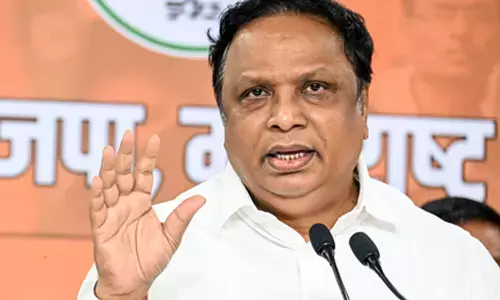First foreign invasion to affect country’s geographical unity was mounted by Mir Qasim in 638 A.D. on Sindh, when King Dahir Sen ruled it. Taking sea-rout when the military of Mir Qasim landed on dessert adjoining the sea, the ministers of Dahir advised him to cut the supply of food and water to enemy. So that they would already be dead due to hunger and thirst before engaging themselves into a war.
But this was the time when deceptive tactics in the warfare was held in contempt. To Dahir this advice seemed to be in contravention of Kshtra-dharma [ethics of warfare] and therefore he declined. With his military Qasim consequently got to reach as close as to the fort of Deval near Karachi.
And, as oppose to Dahir, kshtra-dharm being alien to him and his lot, first thing Qasim did was to mastermind the kidnapping of three children of chief guard of the gate of the fort. To what extent he could go in cruelty to show this Qasim got the head of one of the children chopped off without wait. Helpless, Chief guard opened the secret gate of the fort for the sake saving other two children. In fierce battle Dahir got defeated, and thus Sindh went in the hand of foreigners.
Later, the next invasion that country witnessed was in 980 AD. And this time the way the foreigners chose that passed through Upganistan[ today’s Afghanistan] , and their leader was Subuktgin, the sultan of Gazni.
Getting hint from the spies that in Indian tradition war was not fought in the night, he sent an emissary and first got it settled with Indian king, Jaipal Shaiya, that war would be initiated next morning, and then violating the agreement he unleashed the attack upon the Indian soldiers in the dead of the night, when in deep slumber and unarmed they were! Defeated in this one-sided battle, Jaipal had to shift his capital from Kuba[Kabul] to first at Udabandpur, and then finally at Lavkushpur [Lahore].
Fury of invasions did not come to close eventhough. Where subkutgin ended the battle, from there his more barbaric and cunning son, Mehmood Gazni, took it forward. Using his ancestor’s most reliable weapon of deception he dealt defeat on Jaipal Shaiya’s descendant Anandpal and then Triclocahanpal Shaiya, breaking Afghanistan and Punjab from India and, subsequently, merging them into his empire.
Attacking not the fleeing enemy from the rear; granting pardon to the enemy fallen in the hand; not raising the arm on an unarmed adversary; not backtracking from the promise once given, come what may; and giving precedence to self-sacrifice over victory and defeat in the battle— such was the exclusivist outlook to the human virtues which Indian kings could not part with it even onward course of history, and made country suffer the ignominy of slavery and of secession of its territories one by one.
But during this period for the first time one that in true sense grasped the deceptive tactics of jihadists invaders and left them behind in their own game and successfully laid the foundation of downfall of Mughals then he was great Chhatrapati Shivaji.
Emulating the ways shown by Shivaji, later Maratha grew so formidable a force that Auranzeb, frustrated, even had to propose a truce with them. But as of now it was too late; and he could gain redemption from the despair only when death embraced him.
Amid all this, the history also witnessed some glorious incidents that marked social oneness and, as also, national integrity. Having imprisoned Sikh Guru Arjundev, Jahangir laid the condition that either amendment be made in ‘Granth Sahib’ in accordance with Islam or pay the fine of Rs 2 lakhs as a compensation or he got ready to be a dead man. At this crucial juncture, along with Sikhs, it was Hindu community of Lahore that collected money and came forward for the liberation of their Guru— it was different matter then that Arjundev refused them do so, and chose to end his life. And as for Guru Tegbhadur, he sacrificed his life only to the cause of Hindus of Kashmir tormented by Aurangzeb. Onward to 1740 when Mughals got weakened during the reign of Mohammad Shah the real power of the country had shrunk into the hands of Maratha.
During 1755-1756 under Raghunath Rao and Malhar Rao Holkar they dealt decisive defeat to Rohillas and Afghans and succeeded in liberating Punjab after 800 years from Muslims. And later when the downfall of Marathas began, Sikh Maharaja Ranjit Singh, filling the voids thus created, took the work of rejuvenation of Indian sovereignty in his hands and established Indian rule in Punjab.
Breaking the Muslim dominance, army of Mahahraja led by Harisingh Nalwa even entered deep inside Afghanistan up to Kabul and earned the glory of bringing back after centuries the jewel studded gate of Somnath back to India and establishing it to its original place.
Likewise Harimandir sahab gurudwara of Amritsar that was once burnt down by Ahmad Shah Abdali was renovated and as well as embedded with the gold, giving it the form of ‘Swaran Mandir’. Cow-slaughter so also was prohibited in the reign of Maharaja Ranjit Singh.
The territories of Punjab and Sindh though came back into the fold of India politically, but being close to Afghanistan and suffering continuous onslaught of invasive foreigners a great number local people succumbed to get converted into Islam. Due to this those people who wanted to remain in India turned into minority.
As such when Mohammad Jinna gave the call of ‘Direct action’ the Hindus living here found themselves helpless before attacking fanatics. As a result of which creation of Pakistan could not be stopped, and India had to witness its partition on 14th August, 1947.
By-Er.Rajesh Pathak
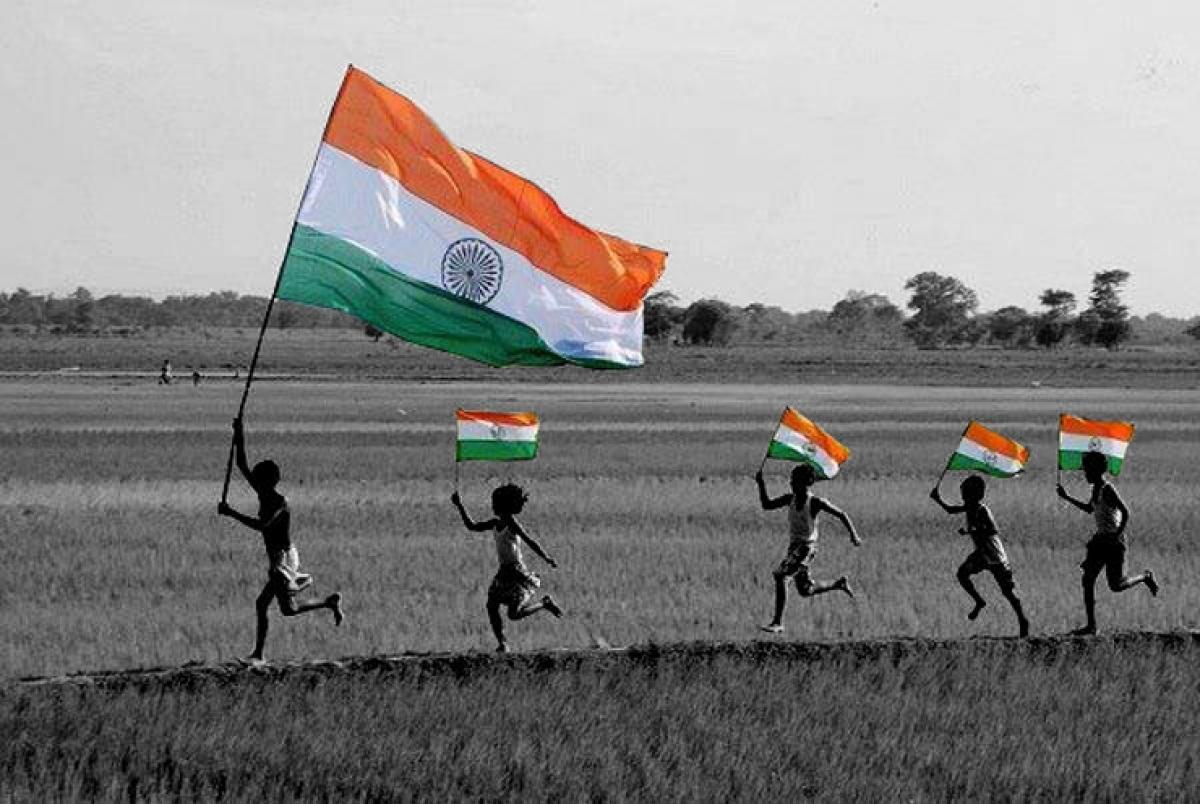
.jpg)








